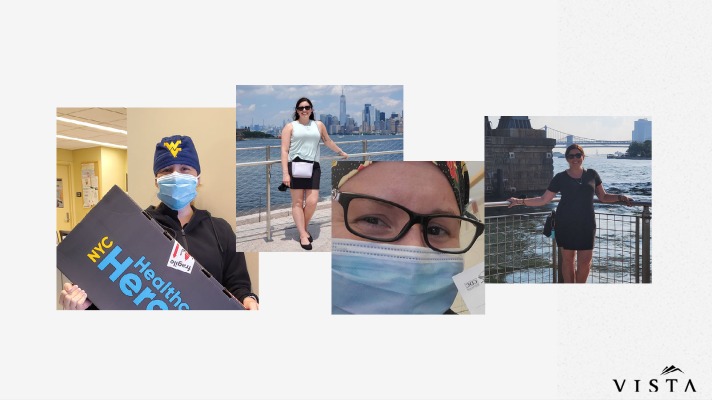How Peer Support Networks Help Combat Stress for Healthcare Professionals

With the relentless pressures of healthcare environments, professionals grapple with long hours, high emotional stakes, and the ceaseless demand for precise decisions, create an environment highly conducive to the buildup of stress. During Mental Health Awareness Month, we emphasize the need to address these pressures, advocating for robust mental health resources to sustain our healthcare workforce. Peer support networks offer significant solace and solidarity, aiding professionals in navigating the stressful landscapes of their workspaces effectively.
Workplace Stress in Healthcare
Healthcare workers often face a unique set of stressors: the emotional toll of patient care, the cerebral rigor demanded in high-stakes environments, and the physical exhaustion from long shifts. This trifecta can affect not only their personal well-being but also their professional efficacy. Surveys indicate that almost 50% of healthcare professionals report burnout symptoms, underscoring the pervasive challenge of maintaining mental health in these stressful professions.
Benefits of Peer Support Networks
Peer support networks in healthcare aren’t just beneficial; they are a lifeline. These networks provide a platform for sharing experiences and advice, thereby fostering a collective resilience. Participants find not only emotional support but also practical coping strategies that enhance their day-to-day lives at work.
Furthermore, such networks cultivate a community atmosphere that reinforces that no one has to face workplace challenges in isolation. This sense of belonging can be profoundly impactful, making peer support a pivotal mental health resource within the healthcare sector.
Examples of Peer Support Networks
Peer support networks across various healthcare settings provide tangible evidence of their benefits. These real-life examples showcase just how transformative such networks can be:
- HealthPartners in Minnesota: This health system implemented a peer support network that led to a noticeable improvement in staff morale and decreased burnout rates. By focusing on regular, structured peer meetings, HealthPartners has created a sustainable model of support for its employees.
- Mayo Clinic’s Program on Physician Well-being: At Mayo Clinic, the introduction of a peer support group for physicians has been linked to improved job satisfaction and reduced feelings of isolation among its members. The program encourages open dialogue and shared experiences, enhancing personal resilience and professional satisfaction.
- Kaiser Permanente’s Educational Theatre: An innovative approach by Kaiser Permanente involves using theatrical presentations as a form of peer support, where healthcare workers share stories and strategies for managing stress. This unique method has helped foster a strong sense of community and mutual support among participants.
- NHS Practitioner Health: The UK’s National Health Service offers a comprehensive peer support program designed to address the mental health needs of healthcare professionals. Through both one-on-one and group support settings, NHS Practitioner Health has significantly aided in reducing workplace stress and improving mental well-being.
These examples illustrate that regardless of the method, the essence of peer support lies in understanding, empathy, and shared experiences. Such networks not only empower healthcare workers but also revitalize their approach to personal and professional challenges.
Implementing Peer Support in the Workplace
For healthcare institutions looking to nurture a supportive work environment, initiating a peer support network can be a straightforward yet effective strategy. Best practices include regular, structured meetings, training peer facilitators who are empathetic and skilled in active listening, and ensuring the availability of resources for more severe mental health concerns. Challenges such as ensuring regular attendance and group cohesion can be addressed through clear communication and by embedding the network’s activities into regular work schedules.
Join Forces with VISTA Staffing
As healthcare professionals, embracing and advocating for peer support networks in your workplaces can significantly alter the landscape of healthcare mental health. VISTA Staffing is committed to supporting healthcare organizations in integrating these essential resources. We invite you to connect with us to learn how peer support can be tailored to benefit your specific environment, helping you and your colleagues thrive even in the midst of challenges. Together, let’s build stronger, healthier workplaces where every healthcare professional can find the support they need.









